Pranav Nagarajan
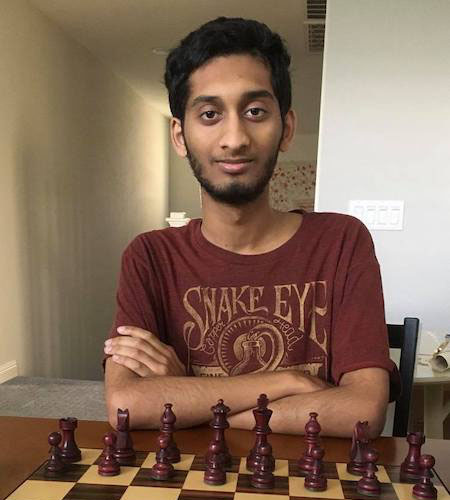
In high-energy astrophysics, the next generation of gamma-ray space telescopes will be used to study gamma-ray bursts, supernovae, pulsars, black holes, dark matter, and more with unprecedented angular resolution and sensitivity. However, accurately tracking Compton-scattering events in the detectors of these telescopes is challenging since most detector systems are not fast enough to time each of the individual interactions. Over the past two semesters, my research has involved using deep learning techniques to try to improve upon classical event reconstruction techniques. In the summer, I will focus on implementing and […]
Elizabeth Ordeman
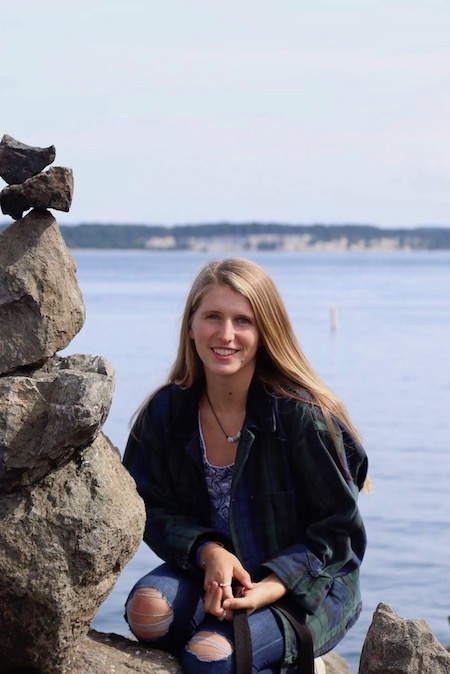
This project aims to determine whether or not bottom-up evolutionary forces such as the enhanced ability to feed on toxic plants are responsible for the evolution of toxin resistance in milkweed feeding butterflies. This hypothesis favoring bottom-up evolutionary forces is contrary to that favoring top-down evolutionary forces such as enhanced protection from predators through the sequestration of ingested toxins. To study this question, we are utilizing CRISPR-engineered Drosophila flies that contain three key amino acid substitutions in their sodium pump. These engineered mutations correspond to mutations found naturally in milkweed […]
Lily Huang Chen
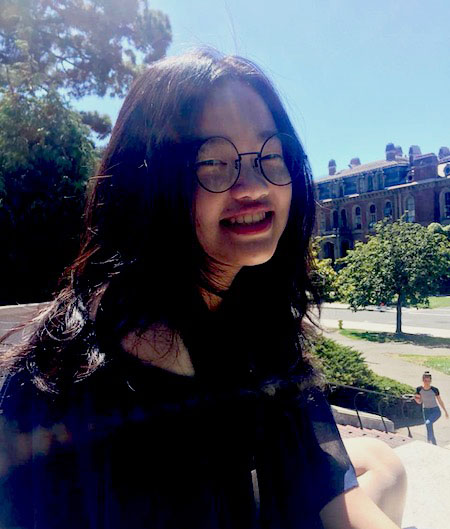
Words can differ dramatically in how widely they are known by others and this distribution has to be learned. For this study, we ask whether children refrain from using a novel word for an object when speaking to an interlocutor who does not know that word (“give me the bem”), by instead employing a description of the object composed of familiar words (“give me the blue one”).
Maja Ahmann
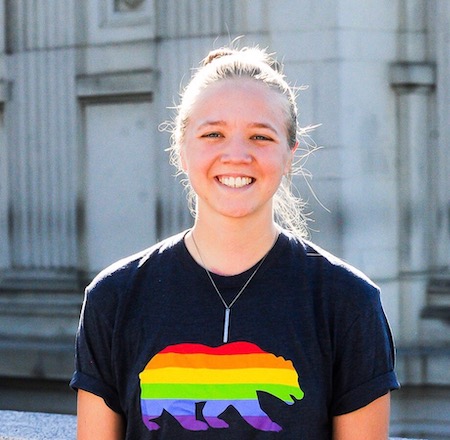
This research project explores the social psychological underpinnings of the debate around inclusion policies and free speech. As college campuses nationwide have instituted policies designed to promote inclusion (e.g., safe spaces, trigger warnings, hate speech codes, and pronoun usage policies), furor and debate have ignited. While proponents argue that inclusion policies protect marginalized and underrepresented groups from exclusion and discrimination, opponents argue that these policies coddle students and violate the First Amendment. The primary questions we seek to ask and answer are: 1) What are the psychological correlates of opposition […]
Apurva Prasad

My research this coming summer will be a continuation of my work in the Theunissen Lab since Spring 2019 where I have been helping to uncover the different effects of lesions to auditory cortical regions of the avian brain. Specifically, my research scope focuses on analyzing and assisting in collecting data produced by operant conditioning of songbirds with and without these lesions. The hope is that these findings will provide greater understanding to auditory memory in avians, with implications for preference, memory capacity, and discrimination of different vocalization sets.
Shyama Yallapragada
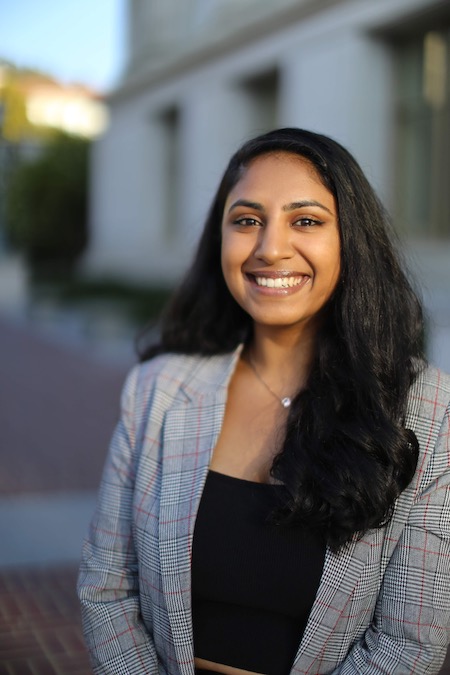
Relational reasoning (RR), the ability to consider abstract, generalizable relationships among various pieces of information, is a core component of reasoning and human cognition. In addition to evidence that indicates education hones reasoning, relational reasoning is shown to be an important predictor of academic achievement and other life outcomes. I have been working in the Bunge Lab (Building Blocks of Cognition) under the mentorship of professor Silvia Bunge for the past year. I have been quite passionate about learning more about different mechanisms of reasoning and how they play in […]
Mark Zerrudo
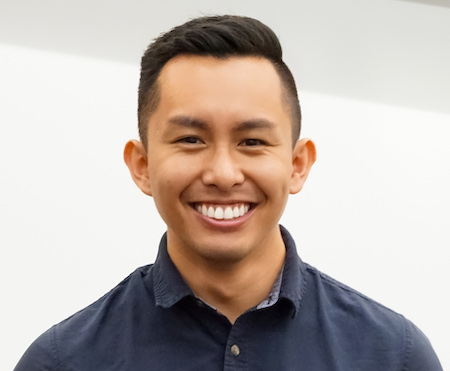
This summer I will continue to provide curriculum design and classroom analytical work for the Writing Data Stories (WDS) project. The project aims to develop data literacies of students by integrating data analysis into the middle school curriculum. Centered around Dual-Language Learners, units will contextualize students’ lived experiences within scientific inquiries of climate change and nutrition. Through this exploration, students and teachers will have access to the analytical program CODAP, where they will construct their own stories and claims of data patterns.
Jamie Calma
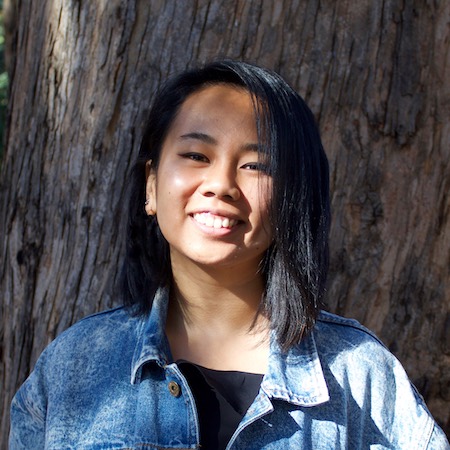
We developed a high-throughput seedling flood assay to identify wild species of tomato that are resistant against Pseudomonas syringae, a bacterial pathogen that causes disease in a broad range of plant species. The screen identified multiple accessions of wild tomato with varying degrees of resistance to the pathogen. We are characterizing and mapping the resistance phenotype in lines of interest, in order to identify the causative genes. Our work will identify new sources of genetic resistance to the plant pathogen in tomato.
Karin Garrett
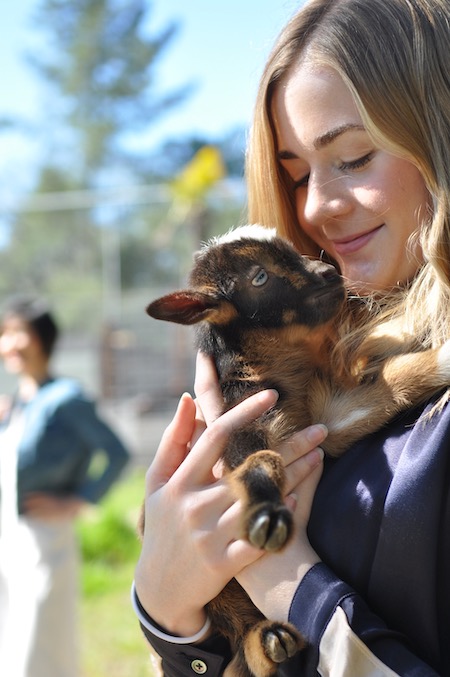
This summer I will be working on several projects examining the three forms of overconfidence: overestimation, overprecision, and overplacement. This phenomenon affects people’s judgments in daily life and has serious implications for the decisions people make and the outcomes they experience. This line of research raises an important epistemological question: do we actually know what we think we know?
Sum Ying Celeste Wu
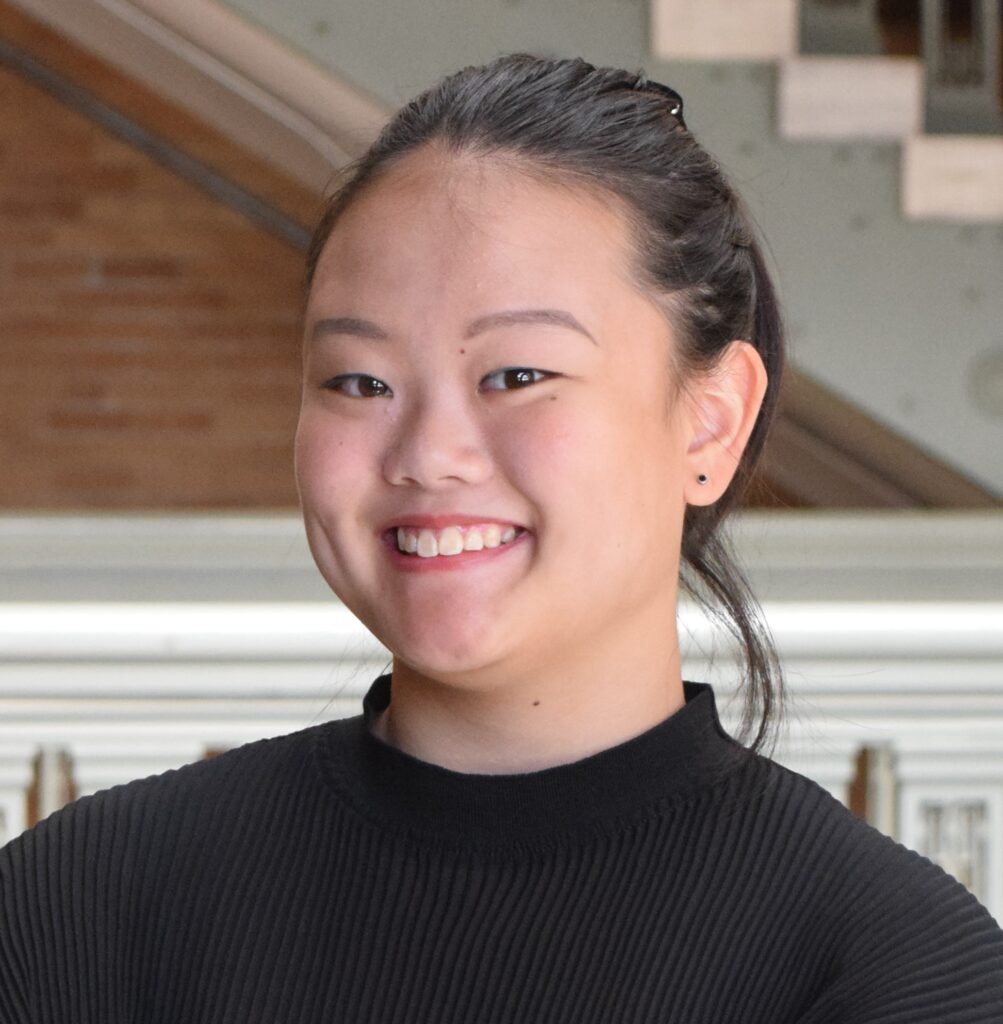
I aim to continue working on characterizing the Plekhg2 and Plekhg3 gene pathways in African Clawed Frogs (Xenopus laevis), which will aid our understanding in the gastrulation process. Gastrulation gives rise to the ectoderm and endoderm among other structures, and has a marked migration process where cells called bottle cells initiate the “caving in” that forms aforementioned layers. The genes of interest, among others that my lab mentor and I have worked on, are thought to either kickstart or sustain the bottle cell movement. We hope to use our recently […]